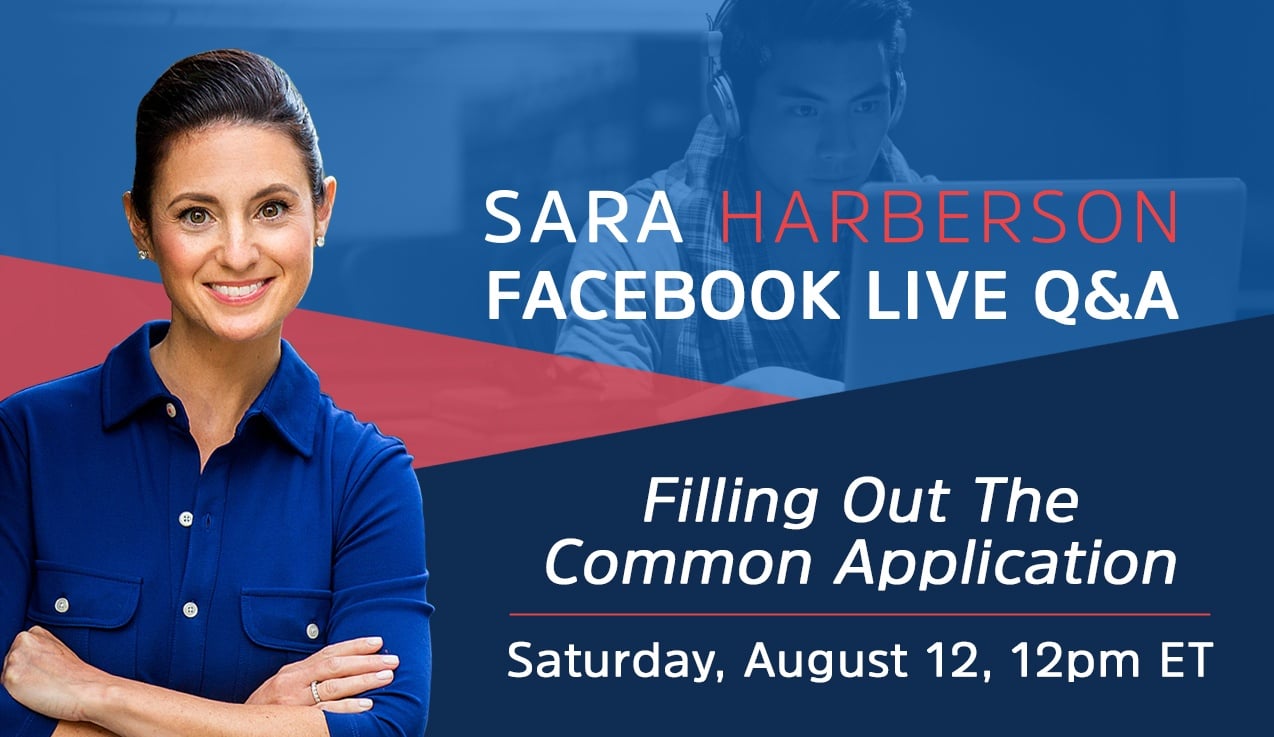I'm looking forward to Saturday's Facebook Live Q&A, "Filling Out The Common App." I'll be answering your questions on the most widely accepted application. There are nearly 700 member colleges accepting the Common App. But the Common App isn't the only application you'll find.
Here are a few other options to consider:
1. The Coalition Application
This application is part of an overarching platform (The Coalition for Access and Affordability) to promote greater access in higher education. There are approximately 90 member colleges that accept the Coalition application. Some of the most selective colleges in the country are founding members. This organization was designed to attract and support students coming from under-resourced communities and low-income families. However, students don't have to identify as under-resourced or low-income to use this application.
The member colleges believe in the philosophical approach of students having the chance to build a portfolio of work over time rather than just filling out an application during senior year of high school. The Coalition also allows educators and other mentors to provide input on a student's application before it is submitted. The concepts of building a portfolio and allowing for input have since been implemented by the Common App as well.
"Although the Common App rules the roost, there are other #college application options to consider." TWEET THIS
You will find that most of the member colleges for the Coalition are also member colleges of Common App. There is no preference given on either application if both are accepted. This is the second year that the Coalition application is being used, which means that counselors, high schools, and even member colleges are still learning the ropes. I like having alternatives, but I also believe the Coalition needs time to develop and infiltrate the landscape.
2. The Universal Application
The Universal Application was an early alternative to the Common App. At it's height, there were close to 80 member colleges. That number is down to 23 as of this year, including several Ivy League colleges and a few colleges outside of the U.S. While this is still a viable option for students, it's relevance is dwindling.
3. College-Specific Applications
Many of the large public universities and state systems use their own applications exclusively. For example, The University of California System has its own application for its 10 campuses. A hybrid option is Wake Forest, a private university which offers its own application but also accepts the Common App, the Coalition Application, and the College Foundation of North Carolina application. Twenty years ago, many private institutions had their own application but have since eliminated it in favor of the Common App or another alternative.
Options keep the competitors on their toes, but can also complicate the process. Until one of the alternative applications breaks through, the Common App has a stronghold on the process.












